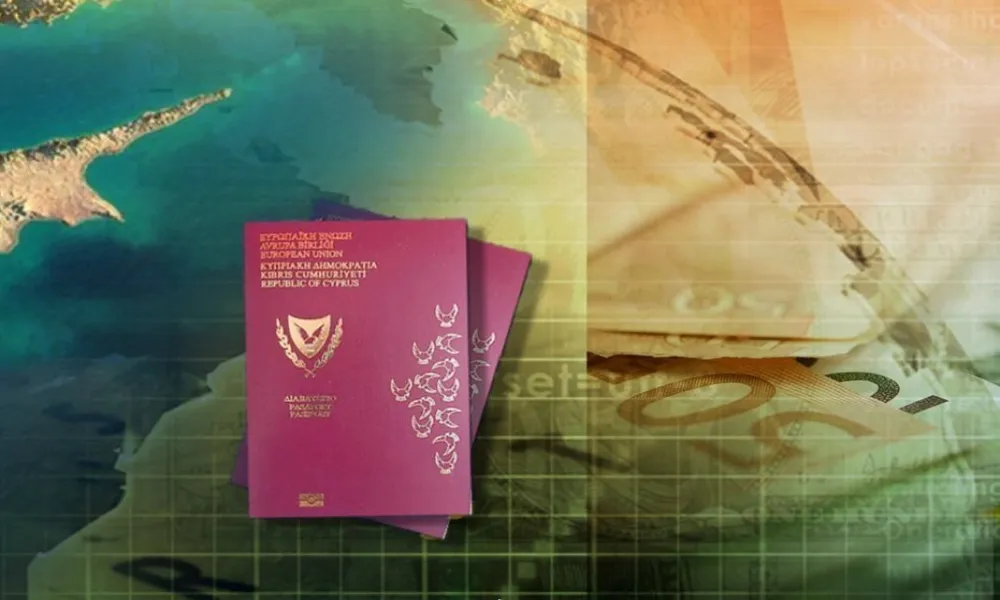The director of a company linked to former MP Christakis Giovani, Antonis Antoniou, has been cleared not only of all charges in the high-profile “golden passports” case, which emerged following Al Jazeera’s undercover video, but also awarded €2,000 in costs by the Republic of Cyprus, after a court ruled that the video violated his personal data rights.
In a decision dated 23 September 2025, the Administrative Court (Judge E. Michail) annulled the 2021 ruling of the Commissioner for Personal Data Protection, who had previously rejected Antoniou’s complaint. The case centred on the use of secretly filmed footage by Al Jazeera, which Antoniou claimed infringed on his right to privacy.
It is noted that in the ongoing criminal trial involving former House Speaker Demetris Syllouris and former AKEL MP and businessman Christakis Giovani, the Al Jazeera video was not submitted as evidence by the Legal Service, as it was obtained through illegal means.
The Al Jazeera Video
The controversial video was produced by journalists from Al Jazeera, based in Doha, Qatar. Posing as intermediaries for a fictitious Chinese investor allegedly wanted by Beijing, they secretly recorded meetings in the UK and Cyprus to expose how Cypriot citizenship could be acquired through investment. Hidden cameras captured private discussions, without the participants’ knowledge, which were later broadcast globally in October 2020.
Antoniou’s Complaint
Antoniou, through his lawyers, filed a complaint on 9 December 2020, arguing that the video and accompanying article “How I Exposed the Politicians Willing to Sell Passports in Cyprus” violated his right to privacy and data protection.
His legal team (Natasa Zervou and Polina Christodoulou of G.Z. Georgiou & Partners LLC) argued that the report went beyond matters of public interest and included irrelevant, personal details such as Antoniou’s clothing, jewellery, and vehicle, which served no journalistic purpose.
They further alleged that the video was manipulated, claiming that a stand-in actor was used to impersonate Antoniou in several scenes, with visible discrepancies in accessories, physical features, and even the vehicle’s details. “This extensive directorial intervention,” they wrote, “exceeds the limits of legitimate investigative reporting.”
Why the Commissioner Rejected It
The Data Protection Commissioner had previously ruled that the Al Jazeera video served the public interest and was instrumental in triggering both a criminal probe and an independent inquiry into the “golden passports” scandal.
Why the Court Overturned the Decision
The Administrative Court found the Commissioner’s reasoning flawed. Judge Michail wrote that the Commissioner failed to limit her findings to Antoniou’s individual case and instead assessed the issue within the general context of the publication.
The judgment stated: “She erred in concluding that proportionality was not violated. The overall impact of the publication would not have been affected had Antoniou’s personal data not been revealed. Equally mistaken was the finding that the disclosure of such data constituted artistic or literary expression. The applicant’s attire, vehicle, and watch are irrelevant and amount to unlawful data processing, serving no legitimate journalistic purpose. On the contrary, these details were included merely to expose the applicant without contributing to the public interest.”
The court’s ruling marks a rare instance where a Cypriot court has upheld a privacy complaint against international media in the context of a public corruption investigation.
